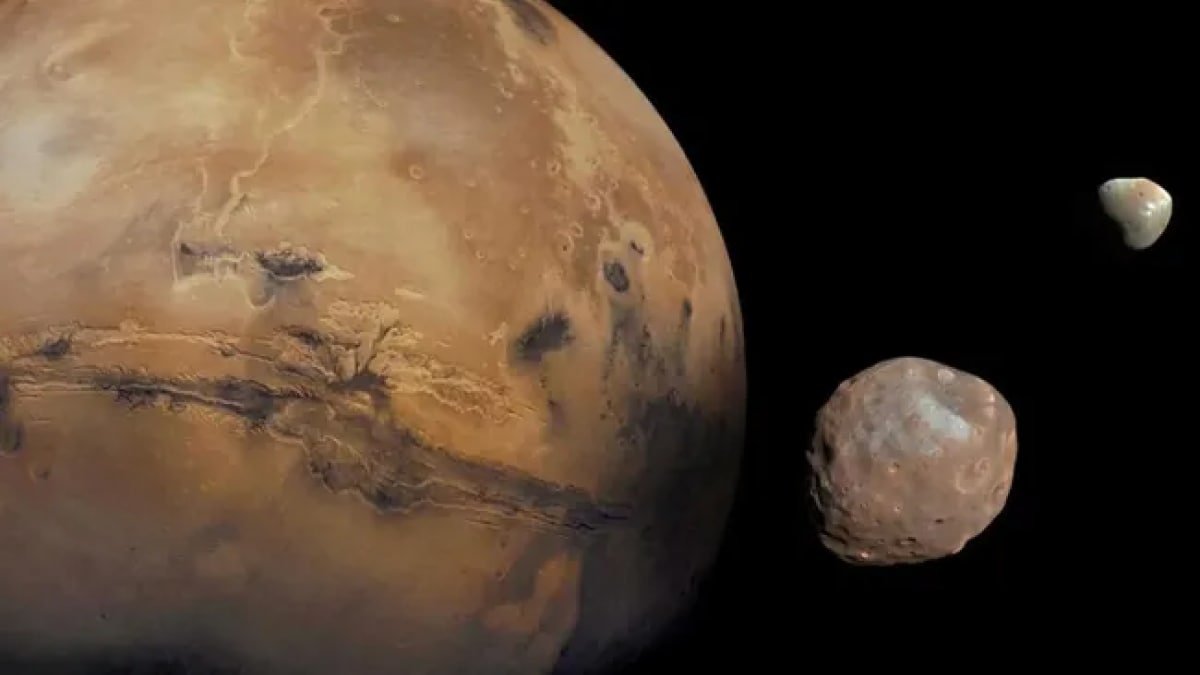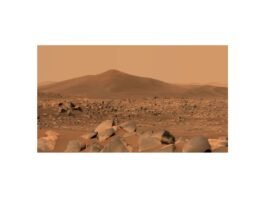A New Model for Moon Formation
According to a study revealed within the Icarus Journal on November 20, a big asteroid, upon straying too near Mars, crossed the planet’s Roche restrict—a important distance the place tidal forces exceed an object’s structural integrity—resulting in its disintegration. The ensuing particles, in keeping with simulations, would have progressively coalesced into Phobos and Deimos. Dr Jacob Kegerreis, a scientist at NASA’s Ames Research Center, said in a press release that this new mannequin affords an “thrilling” different to beforehand thought-about theories in regards to the moons’ formation.
Phobos and Deimos are uncommon among the many photo voltaic system’s moons. While their irregular shapes and small sizes resemble asteroids, their round orbits, aligned with Mars’ equatorial airplane, recommend they fashioned in orbit across the planet. Previous theories, similar to their origin from influence ejecta or seize of asteroids, have struggled to completely clarify their traits.
Simulations Provide Answers
Using Durham University’s supercomputers, researchers carried out a whole lot of simulations, adjusting variables just like the asteroid’s dimension, velocity, and proximity to Mars. The outcomes indicated that sufficient fragments might have survived to create a particles disk across the planet, finally forming the 2 moons. Dr Jack Lissauer of NASA Ames defined in a press launch that this mannequin permits for environment friendly distribution of moon-building materials, even from a comparatively small mother or father asteroid.
Future Tests with MMX Mission
The Japanese Aerospace Exploration Agency’s (JAXA) Martian Moons eXploration (MMX) mission, launching in 2026, is anticipated to offer additional insights. The mission will return samples from Phobos, which will probably be analysed for his or her composition. If similarities to Martian materials are discovered, it could assist the influence speculation, whereas asteroid-like materials might validate this new mannequin.
This analysis might additionally improve understanding of planetary interactions with smaller celestial our bodies throughout the photo voltaic system, opening doorways to additional exploration of moon and ring formation.




